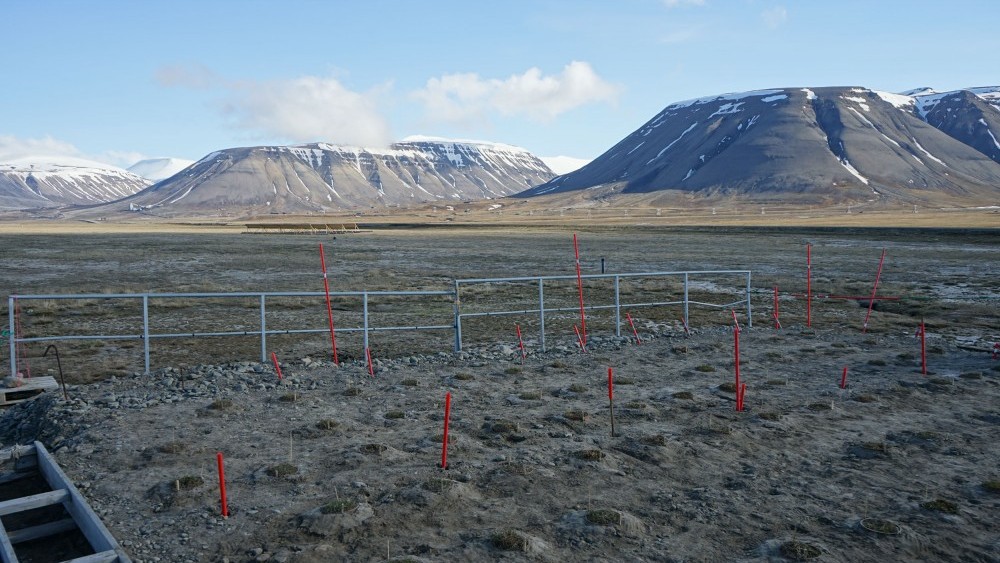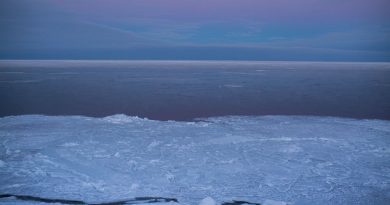Norway’s Svalbard experienced hottest summer on record

Glaciers are melting, permafrost thaws and buildings are sagging. What scares the scientists most is studies of decomposing carbon from beneath the ground being emitted to the atmosphere as CO2 or methane.
These greenhouse gases will then contribute to further climate changes, causing more Arctic permafrost to melt. Such self-reinforcing cycle, called the permafrost carbon feedback, is now studied at several locations at Svalbard.
“Core samples from Janssonhaugen shows an increase in temperatures of more than 2°C at a depth of 10 meters. Measurements of the temperatures show a steady increase over the last 20 years,” Isaksen says.
The researchers have made one drilling to 102 meters depth and another 15 meters down in the permafrost.
“This summer has been extreme,” Isaksen says, pointing to the temperatures measured every summer since 1899.
Average temperatures for June, July and August have varied from year. Until about 1990, this variation was typically 0,5 to 1°C with some single years 1,5°C over or under the normal.
In the 1990s, a clear change was observed, and after 1997 the researchers have not registered a single summer with a mean temperature under the normal.
The summers are getting warmer and warmer and 2020 was exceptional. New all-time high was measured at Longyearbyen airport on July 25 with 21,7°C.

Permafrost at Svalbard has entered the era of megamelt, and together with Russia’s Arctic coast, no other places on the earth warms faster. Also the sea ice in the surrounding Arctic Ocean experiences melting at a rate much faster than previous climate models predicted.
As of September 1, Arctic sea ice extent stood at 4,26 million square kilometers, the second lowest extent for that date in the satellite recordings that started in 1979, according to the National Snow & Ice Data Center.
International climate scientists are following developments on Svalbard with scare. Permafrost contains twice as much carbon as the atmosphere, and with thawing permafrost, more and more of the CO2 and methane are emitted as the organic material previously frozen start to decompose.
Releasing of carbon from the permafrost will contribute additionally to warming climate.
Related stories from around the North:
Canada: Climate change creating vast new glacial lakes, with risk of ‘gargantuan’ floods, researcher says, The Canadian Press
Greenland: Rise in sea level from ice melt in Greenland and Antarctica match worst-case scenario: study, CBC News
Finland: Miners hunting for metals to battery cars threaten Finland’s Sámi reindeer herders’ homeland, Yle News
Iceland: Arctic Science Ministerial postponed to 2021 due to COVID-19, Eye on the Arctic
Norway: Climate change hits back at Svalbard, coal mine flooded by melting glacier in Norway, The Independent Barents Observer
Russia: Record-warm Arctic summer fatal to wild reindeer in Russia, say environmentalists, The Independent Barents Observer
Sweden: Extra billions to SAS – but with stricter climate requirements, Radio Sweden
United States: Bering Sea ice at lowest extent in at least 5,500 years, study says, Alaska Public Media



